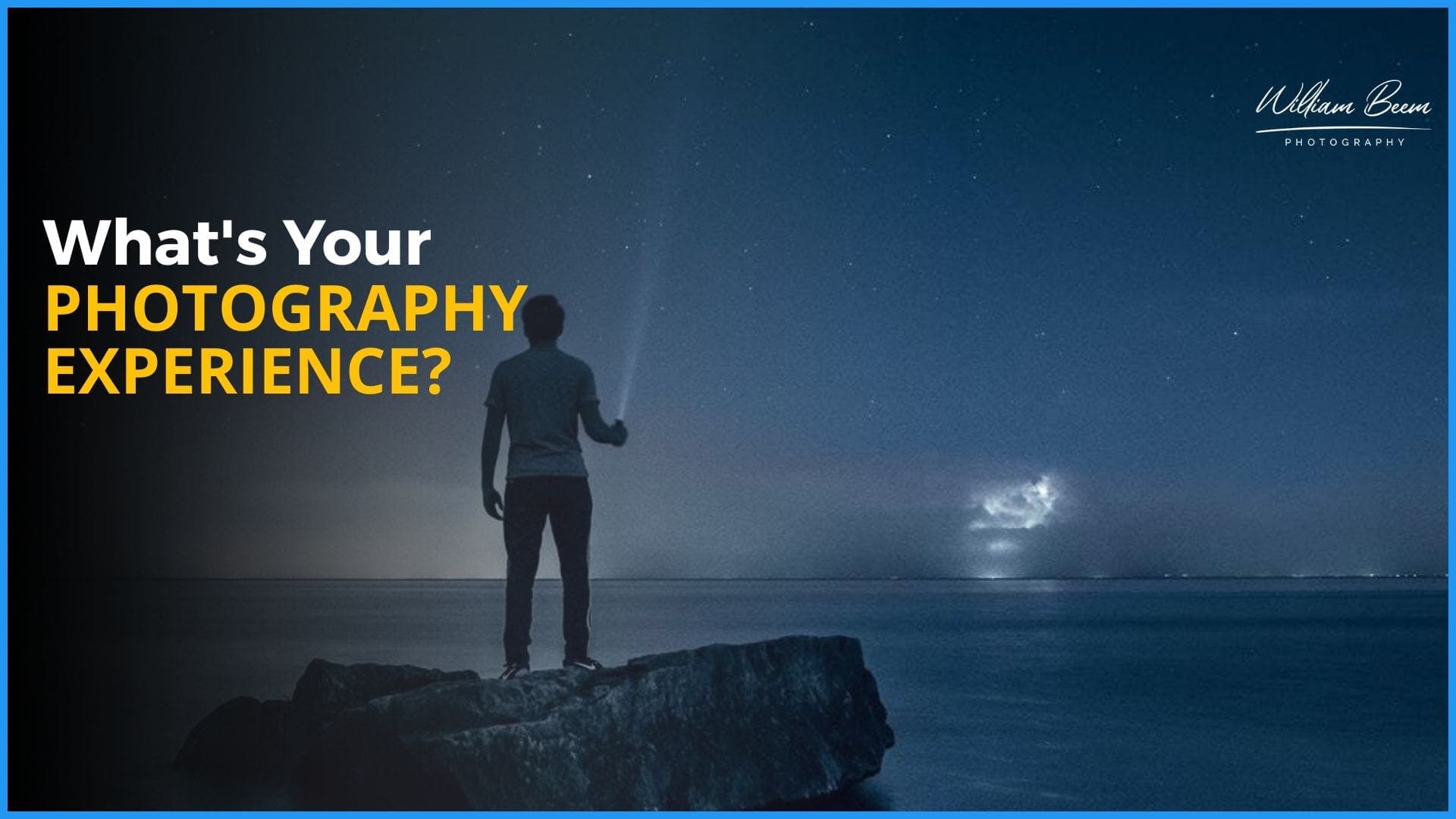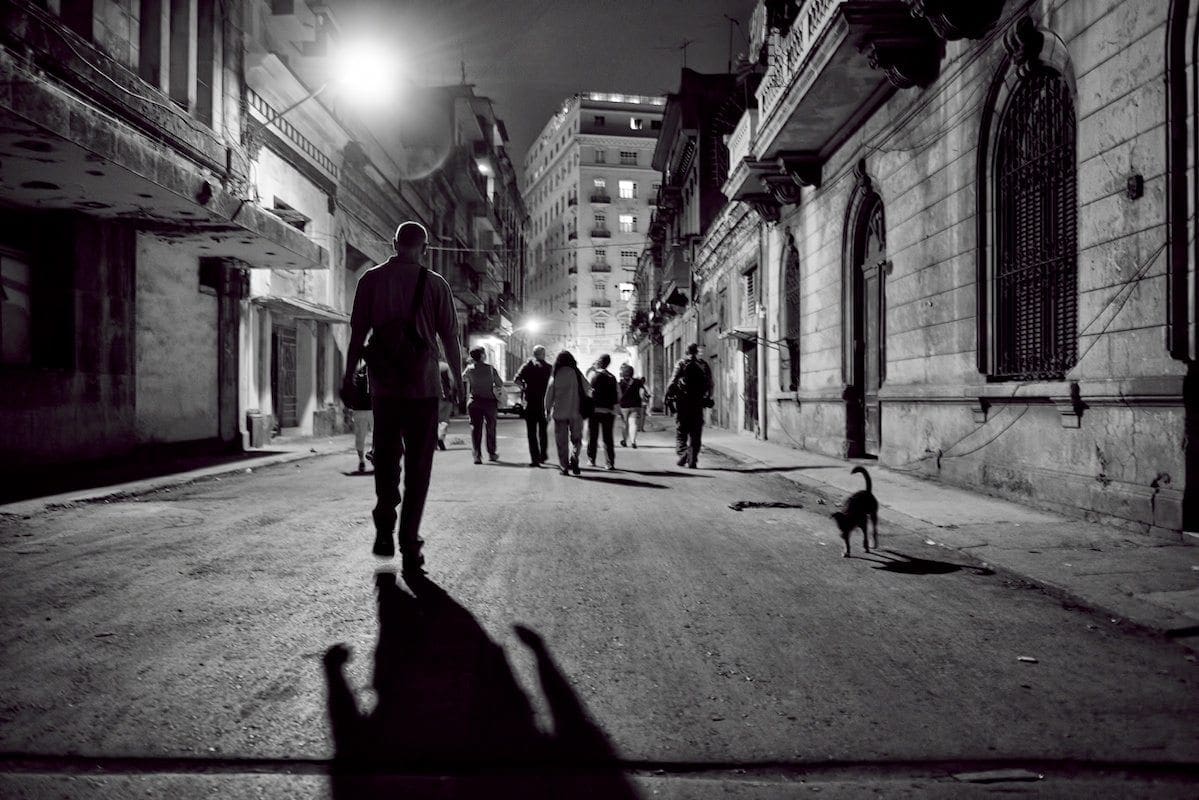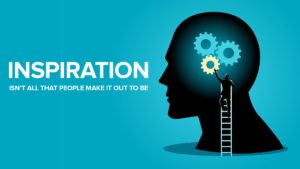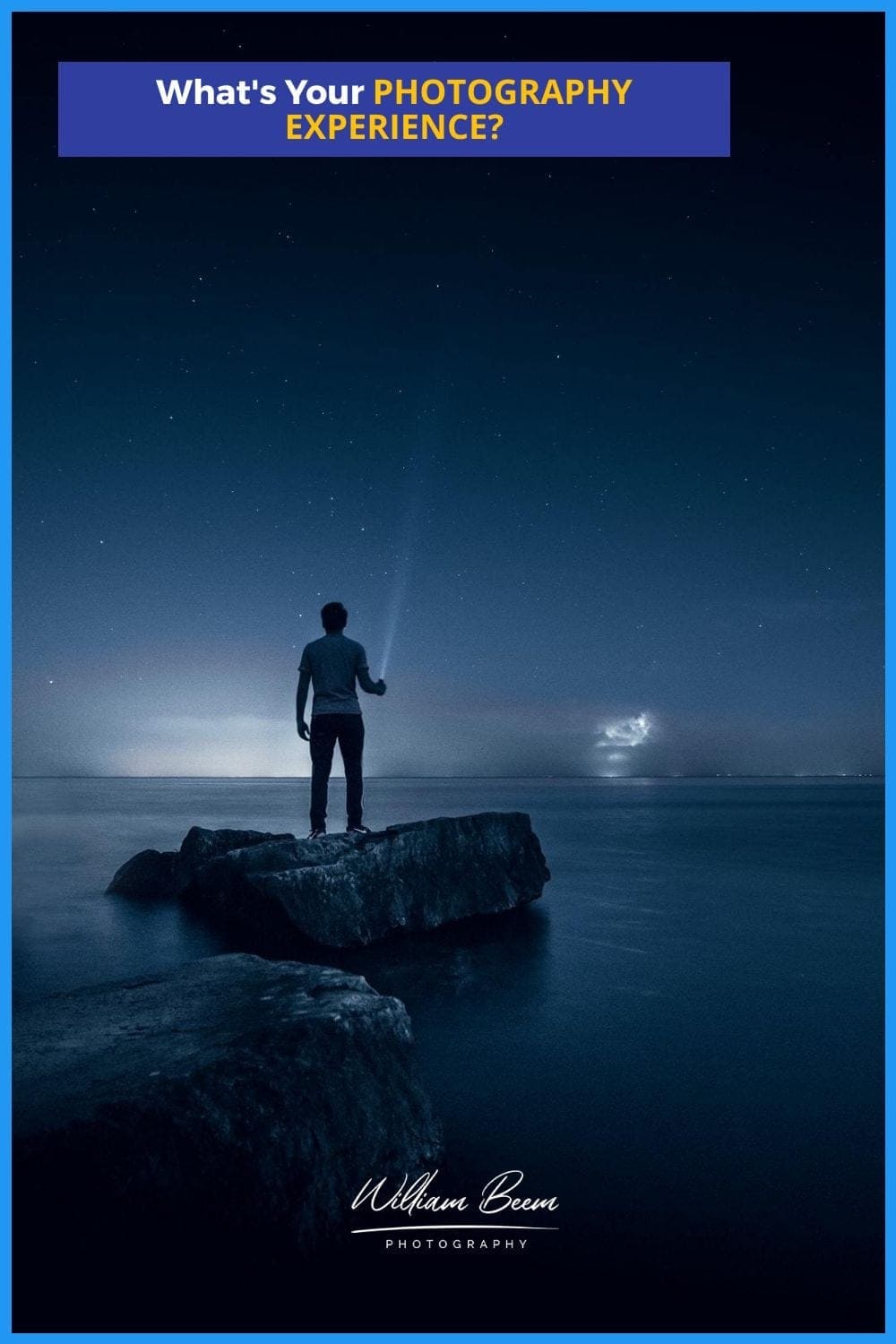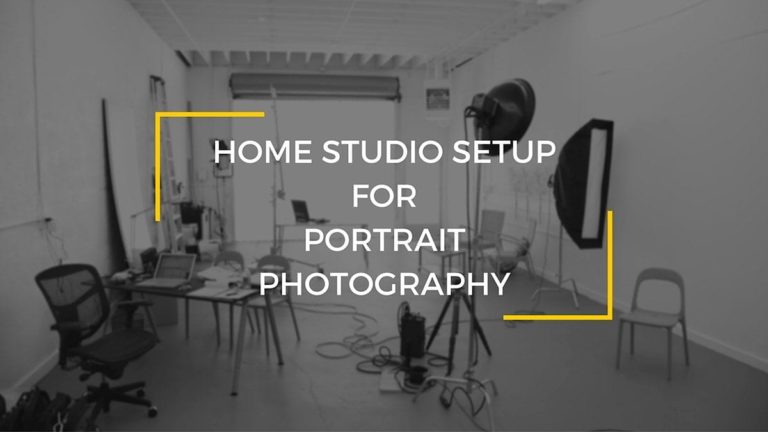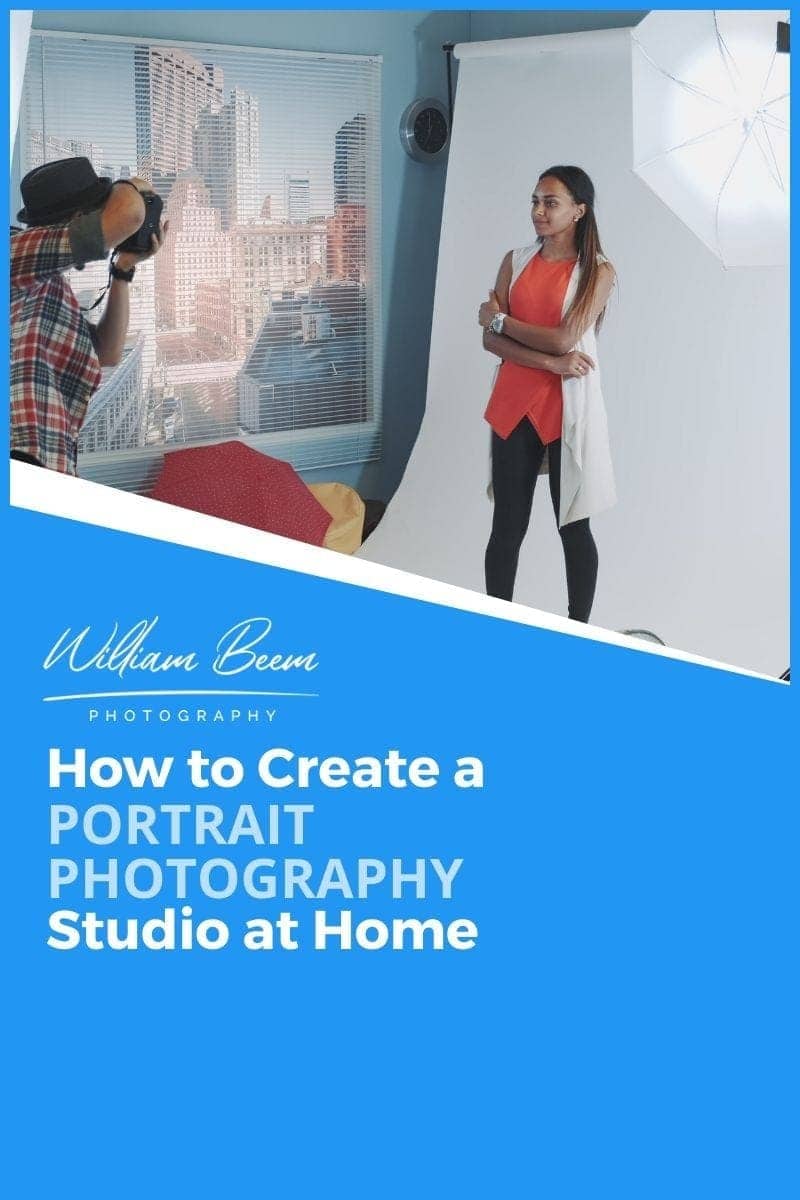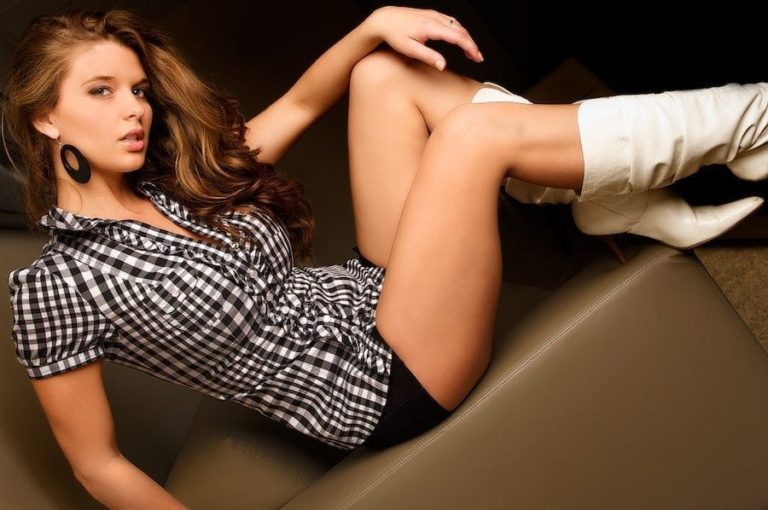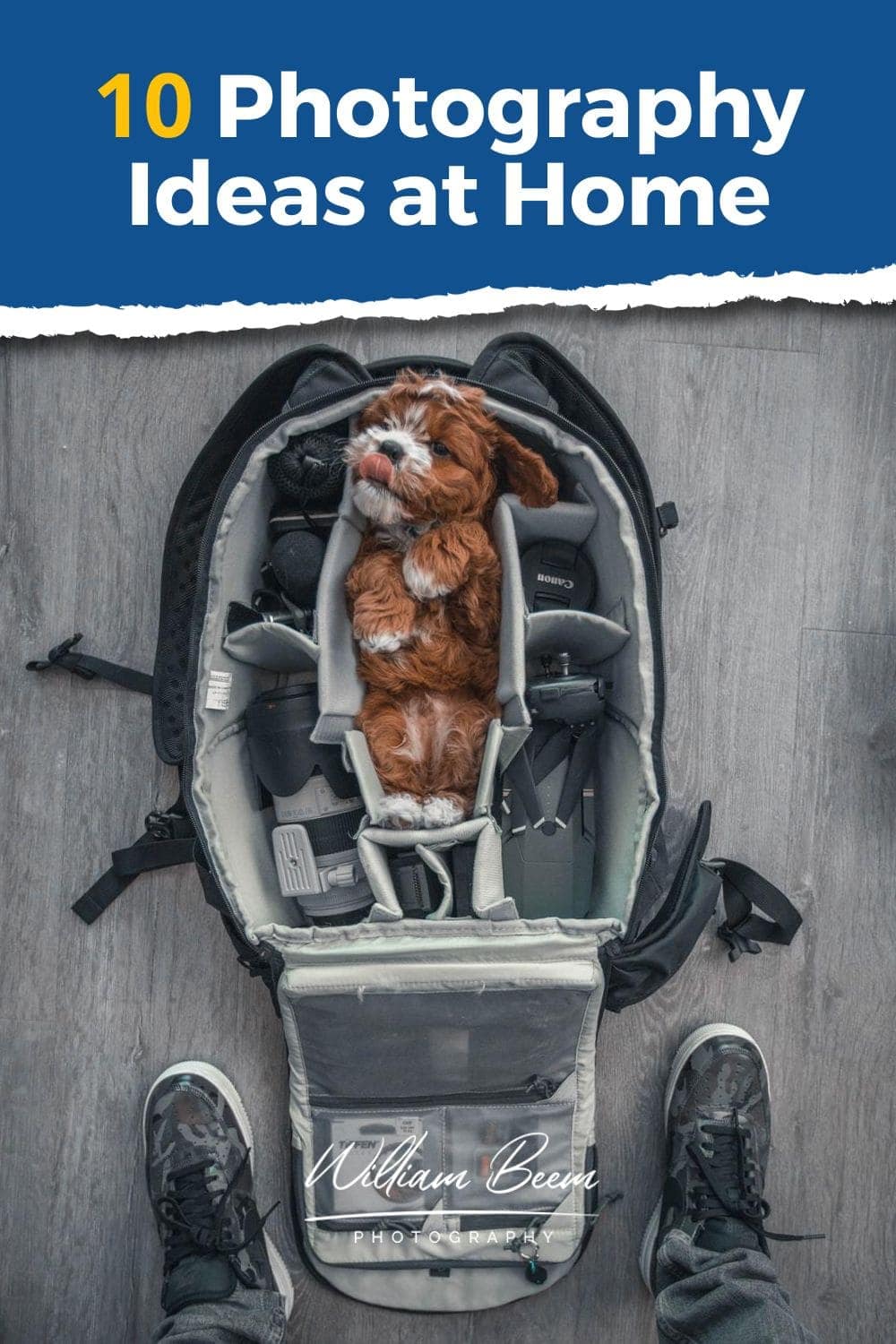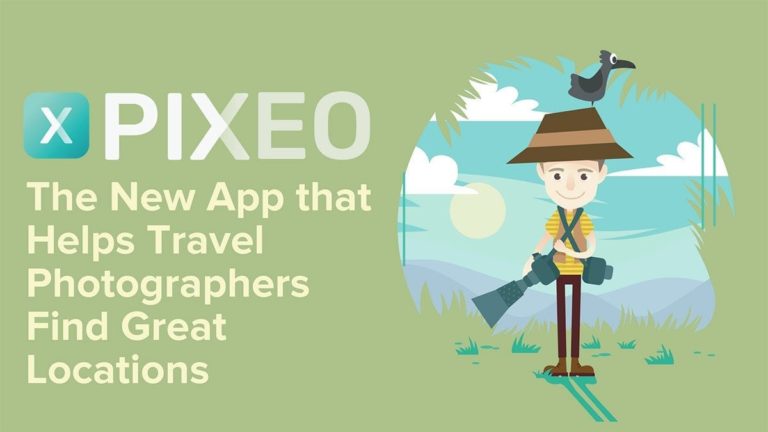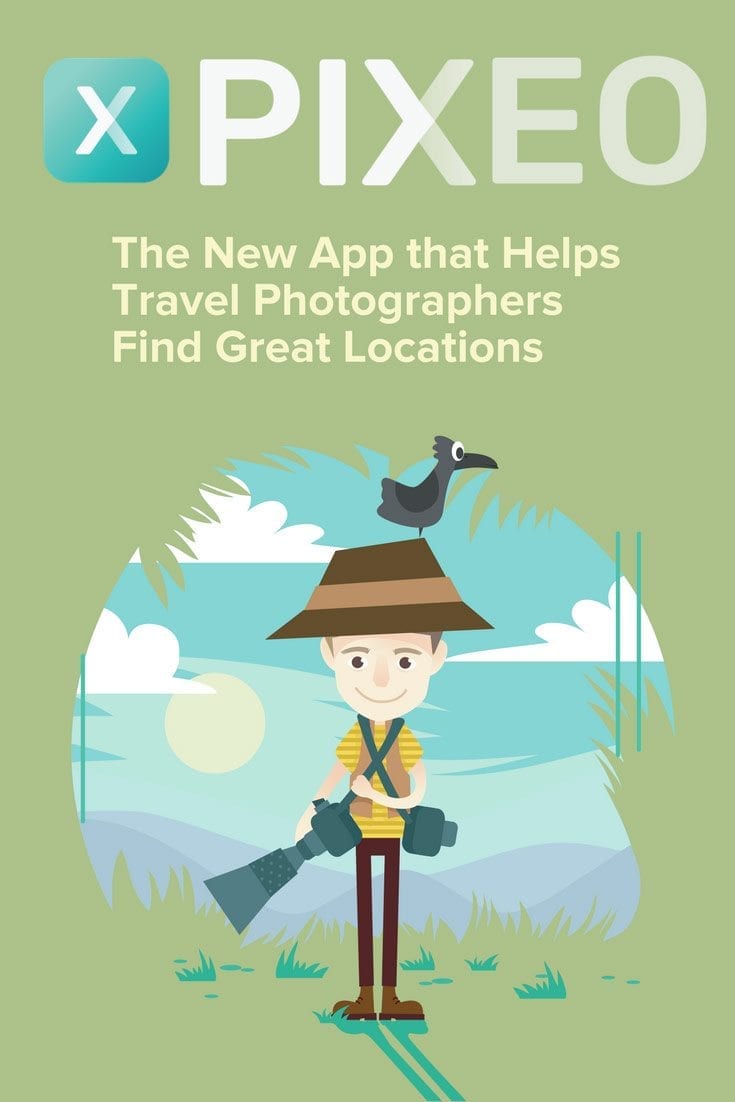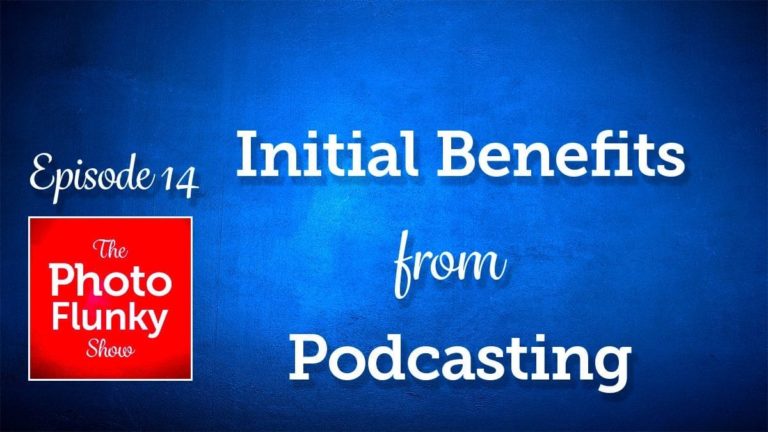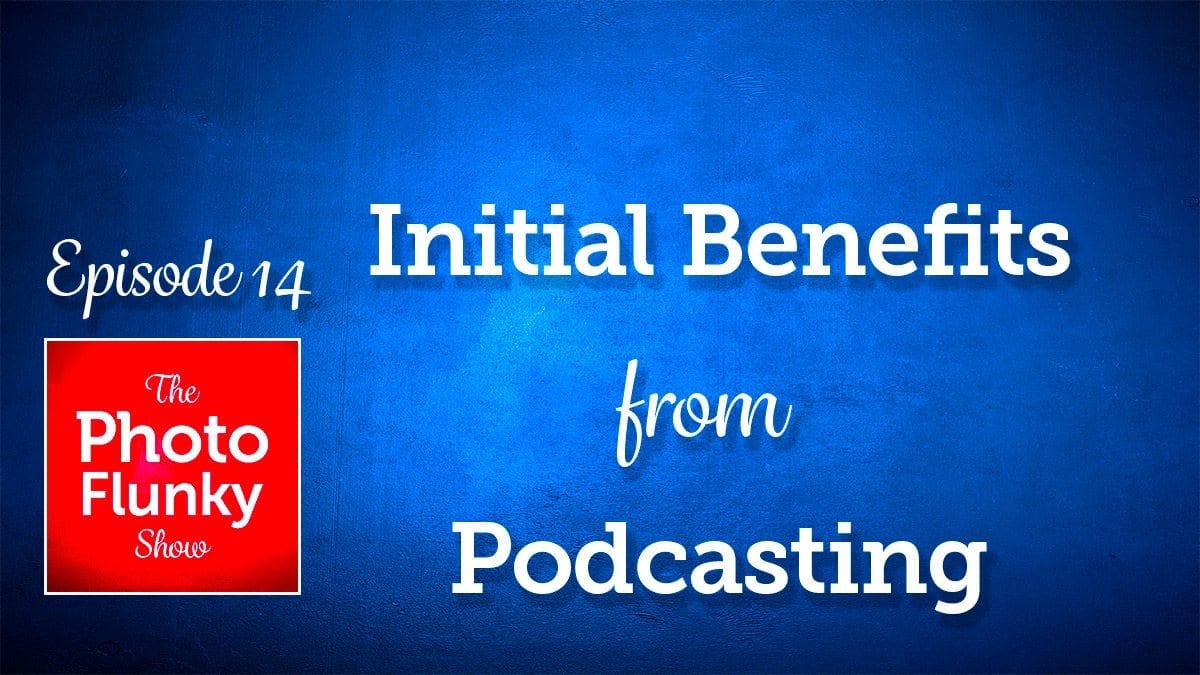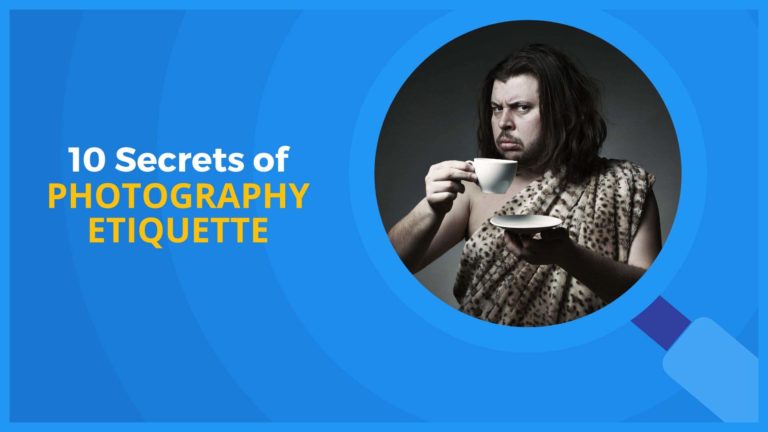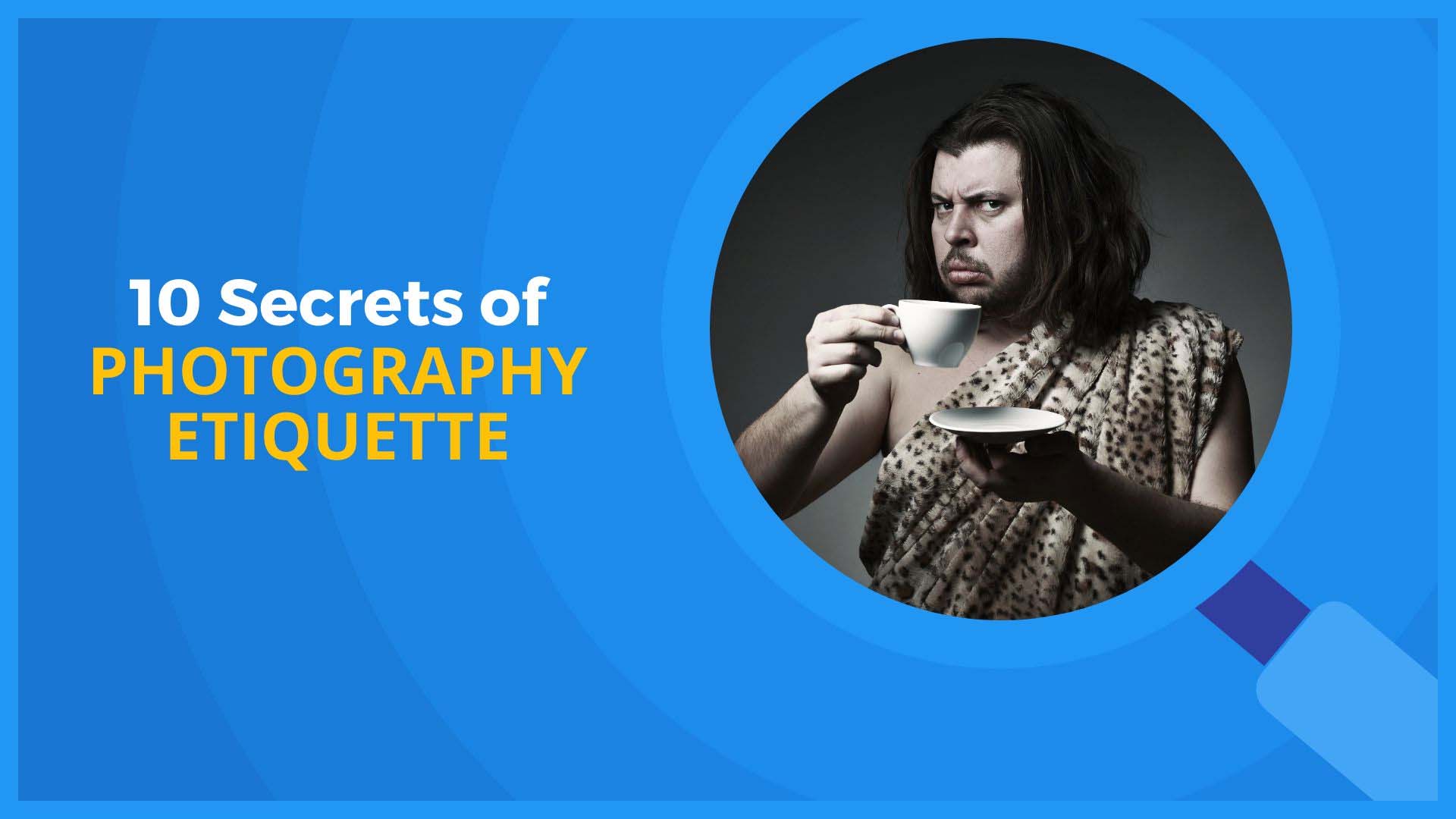Affiliate Disclosure: We earn a commission if you purchase through one of our links at no additional cost to you.
How has your photography experience changed over the last 12 months? The world started going on lockdown about a year ago, and many of us saw our world turned upside down.
Instead of things easing up by Easter, as we were promised, we’ve been driven into isolation and deprived of the kind of human interaction that we’ve always known and accepted.
Now that I see signs of a return to normal life, I wonder if some will stay in isolation or burst out like weeds in Springtime.
What is a Photography Experience?
I see two types of photographers. Those who collaborate and socialize as part of their photography, and those who work best in privacy.
Not surprisingly, Lee an I are different types of photographers. I enjoy collaboration on portrait projects. She needs to be alone to think and concentrate on her photos, because that’s her creative process.
I don’t think that there’s anything right or wrong about either photography experience. In fact, I’m quite surprised that I like to collaborate and have a social experience because I’m quite an introvert.
In most aspects, I prefer to work alone. There’s just something about the creative process that I enjoy sharing. I like the idea that a group of people can create something that no individual in the group would conceive on their own.
The Private Photographer
What’s the difference between a photo walk and a street photographer?
I tend to think of a photo walk as a social gathering with some photography involved. Lee completely disagrees with me. When she here’s photo walk, the photography is the key element and the social aspect comes secondary.
On the other hand, I think of street photography as something private, personal or even lonely. That’s when I can imagine going out alone, even if surrounded in a crowd of strangers. You can be alone in your thoughts and creativity while looking for aspects of society to capture.
The photo above was one of the “Dawn Patrol” events during my time in Havana with a group of photographers. We’d get up before dawn every morning to walk the streets and see what photos we could find before breakfast.
It’s an interesting time to see a city. So was this social? It sure gave the dog some company.
Staying in Photography When I Can’t Be Around Others
There are photographers who are out taking portraits now and over the last year, and they’re doing so while wearing masks.
That’s something that I find troublesome for my own way of working. I wear glasses and I breathe. When I do that with a mask, my lenses fog up and I can’t see who I’m photographing. It’s quite a bugger.
So I don’t go rant and rave about it. Instead, I stay home and work in my office.
I have tens of thousands of photos in my Lightroom Library. I’ve spent my shutdown time getting things organized, reviewing archives, and processing old images that I overlooked in the past.
Another thing I did recently was update my YouTube channel and start sharing information about some post processing tools that I use. It’s something different than the podcast, where we typically talk about creativity and how we apply our ideas to photography.
On the YouTube channel, it’s much more practical with product reviews and demonstrations. I’m getting into the groove of it, and I have more ideas to grow that channel as I’m waiting for the lockdown mentality to abate.
It’s a good time to practice and learn new techniques, too.
Need Help Getting Organized in Lightroom Classic?
One of the things I discovered during the lockdown is that my Lightroom library was a mess. So I spent the time to learn the tools inside of Lightroom and combine them with a strategy to make organization easy.
Then I put all of that knowledge and experience into a course.
It’s called Where’s My Photo. If you’d like to learn more, just click the link below to view the course page and a short video that explains what you can expect and find inside of the course.
Time Stamps
About this stage we're roughly a year on from when things started to shut down in the United States and I guess other parts of the world. And quite honestly, it really hit, it, took a hit on my photography. I think it's safe to say that it's probably true for a lot of people. And one of the things that we wanted to talk about today was almost to ask a question and I'm hoping I get your responses.
How has your photography experience so far? And that's what we're going to talk about today on I Like Your Picture.I'm William Beem. Welcome to I Like Your Picture. The show that helps you improve your photography with visual storytelling. What is visual storytelling? It's a method of approaching your photography with a knowledge of who you're trying to serve with your photos and what emotion you want to make them feel.
We encourage you to concentrate on your subject, light and background to create a photo your audience loves. I'm glad you found us. Hi, my name is William Beem and she is misbehaving. I'm not, I got lots of sleep last night, which is unusual because I'm one of those like three or four hours a night kind of people, Hey,
we don't really have any takeaways for you today. This is really kind of an open-ended thing to think about. At least I've been thinking about it lately, and I wanted to put this out there. And even if you don't respond to me on the show notes, which I hope you do, I'd kind of want you to think about how has your year been as far as photography.
And the reason I bring this up is because I think photography is a little bit different for each of us. To me, photography was something social. To Lee, I think it's become something private. That would very much so. So tell me about that. You started off really wanting to do something social with photography and you kind of shied away from that.
Do you know when I first started taking photos for, I used to see people doing these group photo walks. I mean, I had a young child at the time. I was a single mom. The practicalities and the challenges are there and you don't just get to ditch your kid cause you feel like going and doing a photo walk. And it was one of those things,
always longed for. I was kind of envious of these people who got it, just like spontaneously hookup on a weekend, go do a walk. And I thought, because I was craving the social connection and I think that's something that I've only come to realize in the last few years that it wasn't really after a group photography thing or socializing with other photographers so much.
I just wanted something social where we had something in common and photography. That was my main and almost only hobby at the time. So it seemed to be the thing. In my case, I started off doing a lot of the same things. I did some photo walks and I kind of shied away from that after a few times, because we live in Florida.
It's hot! Well, you were in Scotland at the time. It was cold and wet. But I mean in Florida, there are a few times of the year when a photo walk is actually nice and pleasant. And then there's the rest of the year when we're boiling on the sun. I kind of shied away from doing photo walks at that point,
but I still really liked the social aspect of it. One of the things I learned photography, there were two benefits for it. First you could have these little meet and greets between photographers and models and other people who are into photography for portraiture. And that gave me the social part. Second, you can do photography inside of air conditioning. That was just a real treat for me. Instead of being outside in the sun,
sweating and bring a little hand towel along to kind of wipe the sweat off my brow. That was a novel thing. I could say, this is cool. And you know what else you have when you're inside of air conditioning, there's usually a bathroom nearby. Sometimes there's food and drinks. And I thought this portrait thing is really good. See, I'm a trail runner in those bushes. Lee Is one of those people who likes being outdoors in the hot sun.
And she's got her own little patio area and she can do things. But what I really miss right now is the social aspect. And most of what's happened with my photography has actually been getting into the post-processing side, software and working on my photos. And then of course I started the YouTube channel up again, and I'm doing little tutorials there on some of the different software programs that I use.
And that's kind of really my photography world right now. And experience is taking those tens of thousands of photos that I have in the bank and seeing what I can do with them. But the idea of going out and doing more portraits, people are used to having you wear a mask and I get it, but I don't want to do it. It's not a political thing.
It's just uncomfortable. I wear glasses, I put on a mask and I breathe and then my glasses fog up and I can't see who I'm taking photos. It's impractical. I don't go rant and rave about it. I just simply say fine. When this is over, I'll go back to taking portraits. In the meantime, I just stay at home and work on my computer.
Yeah. See, when we're talking about going out, like where I realized that I was like, I'm not a social photographer, actually. I didn't really think about it in those words until you posed the question earlier this morning, I remember going out, you know, with my brother or with somebody. And I noticed that whenever I was with people, we hooked up once for a food event with friends.
Loved the people, loved the opportunity to socialize, but while I'm taking photos, it's kind of like, while I'm shopping. I wasn't, these go out and shop with your friends. Leave me alone. Like when I'm in my little creative zone, I want to break free. I do not want to be tied to a group. I don't want to feel obligated to wait for somebody and I really cannot stand or feel like somebody is waiting for me.
So I tend to wander off and do my own thing. So I kind of realized that maybe photo walks and social group things, unless it's access to a specific area or event, is just not for me. I want to have as little socializing as possible while I'm taking photos. It's not to say that I don't want to socialize with the photographers cause I actually do,
but I cannot take pictures and be social at the same time when. I'm not a team player, when it comes to creative projects. I think you would probably do best as a street photographer or maybe someone who goes on a hike and does photography see with a street photographer, you're not going with a group. You're going out there by yourself. And you're looking for shots of humanity.
You're looking for shots of the area where you're taking your photographs. And that fits with what you just said. It's something that you do by yourself. You don't have someone leaning over your shoulder saying, Hey, did you get a shot of that? Photo walks aren't really about the photography so much. It's just a way of getting people together with a common interest,
for a social kind of gathering and you're walking along and maybe you get a shot, maybe a don't. But the idea is that you're trying to take a few photos. It's something that you have in common, but you know, you're not going to go out there and necessarily get your portfolio. Well, maybe that's the attitude that you had going on a photo walk.
But I think most people who sign up for something like that actually have an expectation of getting photos. I'm going to just put it out there. When I saw a photo walk, I expected that I was going to come back with photos. That was the primary objective. This social was a nice little tie into it. But even though I was craving the social aspect,
I never ever saw that as the primary reason for a photo walk. I thought that getting the photos was so I'm pretty sure I'm not alone in that. No, you're probably not. I mean, there are people who've organized photo walks and they will set up or stage certain things. You know, maybe they'll have a model waiting at a location and everyone can get some photos of the model.
But the problem is with trying to do photography in a group, it's very difficult to really be yourself and get the shot the way you want it. Because let's say that you've got a dozen people out there and there's one model. Well, he or she doesn't necessarily know which way to look. So they're up there kind of trying to satisfy everybody and that's hard to do.
And then there's always somebody who will take charge. And then there's somebody who kind of holds back and maybe doesn't get what they want to. And I found that a bit frustrating. So I don't go out with the expectation that I'm going to get a killer shot. I'd like to get some nice photos. I mean, you're taking your camera. You don't want to just lug that along for no reason.
So I think you're right, that there is an expectation of getting some photos. But if I really want to craft a photograph, I'm kind of like you, I need to be, if not alone, I need to be in charge of it so that I can direct things the way I want to. And the photo walk in my mind just doesn't work that way.
It would be kind of rude to the other people on the walk. Yeah, I know. And, and that's something that I came to realize. Yeah. And I'm like that with anything where it's creative, I've always been a little bit more, I'm highly social, but when I'm working on something, I work better on my own. Also, keep something else in mind.
Some people create. In other words, they will direct. They will move things around. They will move their position to get the photograph. They want other people capture. They're out there looking for something that happens. And they're looking for something unique and interesting and they feel good if they capture something rather than directing and posing and putting everything in place. I don't think either one is necessarily wrong.
I tend to desire the create perspective of that more. My favorite excuse for this on the other side is wildlife photography. And I am not a wildlife photographer, but as I said, I don't want to get too close to the animal. So it doesn't bite my face off. Have you ever tried to direct an alligator? No, but I like to be in charge of my photos,
but that's why I say this is sometimes it's like an extension of your personality type of thing, because I also don't want to direct people. I do not want to tell people what to do. I would prefer, ideally, I don't think I've ever needed an assistant. Now, the type of photography that you're doing and the equipment that you have and all the rest of this is going to have an influence on this and maybe be the deciding factor.
But I tend to not gravitate towards anything where I cannot do it on my own. I don't want to direct people to do things. I don't want to have to rely on somebody, but I also don't want to tell somebody what to do. Really? Well, in photography. I am, but that's like my husband, the dogs, the daughter, the mailman.
In my case with portrait photography and you're directing somebody, you're not necessarily always telling them what to do. Sometimes you have to coax it out of them. And it really depends on your relationship between the photographer and the subject. And maybe some of the, if you've got assistants that are helping you. Getting an expression out of a model or, you know,
a portrait subject, you can't just necessarily tell them exactly what you want. Sometimes it has to come from within them in order to be a genuine expression. You have to work it. Well, you have to put them in a frame of mine that is conducive to them giving you the expression that you want. If you're looking for a happy thing, that's okay.
If you're looking for something romantic, you can give my ideas about that. If you want them to look frightened or scared, well, then I've got to be a scary photographer. And I don't really go for that. But it's an example that if you want to get a certain expression and you've got to direct somebody to it, you can't just tell them,
look scared. They'll give you the fakest look that you can imagine. Yeah, thanks. Some expressions are also a little more, they lean towards, I'm gonna say abstract for want of a better description, but they are kind of harder to pin down when you try to explain what you want. It is difficult to explain. That's why I think a lot of the models that I've worked with start off with a very blank expression.
It's almost kinda like they're saying, this is what you get until you tell me what you're looking for, depending on their experience. Some of them do a great job. You know, you can kind of just say, I'm looking for this mood and they'll give it to you. And I don't know where they're reaching inside themselves, but it doesn't really matter if they're giving it to you.
Others don't have as much experience. And maybe you've got to kind of give them things to think about. One of the things that I like to do is get them to play a role, play a character and say, if you were this person in a movie or whatever, here's the circumstances. How would you look? And that works most of the time.
Not every time, you know, it depends on who you're working with, but most of the time that works direction. Doesn't have to be that difficult. You do need to communicate. You said you do a lot of your flat lay photography. You don't have to worry about communication. You don't have to worry about anybody else getting in the way. All you want is your space and a little bit of light and you will do the rest.
You'll do the set decoration. You'll do any adjustments or tweaking you need to do. And then of course you'll obviously do the photography. Yeah. But I think that's also because I've come to consciously know what I do and do it. And like when I'm creative and what it, what I need. As soon as I need to speak to somebody, explain something,
discuss something or, you know, any kind of interaction with somebody else. I have to pull myself out of that little creative tunnel. And what I find is it's almost like getting sucked through a tunnel and picking up speed as I go through. Your photography experience is, there's a place in your mind that you go to dealing with anybody else pulls you out of that.
It pulls me out. So for example, I could be in that perfect place. Nobody's there and the phone rings and I'm back to where I started. I'm like, even though I know in my head like exactly how I wanted the elements laid, I've got to get myself back to where I feel it. So it's kind of like you're in a dream and then something wakes you up.
Exactly! Everyone has their own way of operating. I think once you understand how best you function, then you can apply something and some of them that may or may not matter or not matter at all, whether there are other people involved, whether you have to speak. I think you've got your own little thing. But when I'm focused, I've always been a very much,
I work on my own kind of person. I think back to my office jobs, I've always been privileged to have to have my own private office. I don't really have experience, you know, having to share space and ideas with people in a, I don't want to just say a work environment, but in a productive environment. I wasn't one who liked to work in group projects at school and a college.
In fact, I used to tell him I'm not going to do it unless I do the whole thing. And you can all get the grade and I guarantee you an A, but I was just, I'm a team player in some respects. But if I had to describe myself as a team player, I would say, absolutely not. In most cases for work,
I'm the same way. I mean, you see me here at home. I come into my little home office. I close the door. The rest of the world is outside and I just concentrate on doing what I'm doing. But when I get to doing portrait photography, I like the collaboration. I like the fact that people can give me something that I didn't even think of or anticipate.
There's a certain amount of joy in that. And you get a better photograph when you're working with good people who everybody brings something to the table and you get something that the group came up with a concept, but individually we didn't know that we could do that. And I find that very rewarding. But that kind of brings me to the next point that I wanted to ask about is what drives you to take photos?
Because you still do it. You go in that spot and you say, I'm going to take some photos. Sometimes you do a one-off. Sometimes you do a whole bunch of things, but what is it that drives you to want to take those photos? Oh, for me, it's I think it's creativity. I think there's just something in me that loves finding,
or I prefer creating a picture, like setting things up and just capturing something. I think it does help me to tune in more with something that I want or something that I like, or I'm interested in to it. Sometimes you can see something and other times you can walk by. And even though it's there, you don't see it. So I think I'm tuned in like that.
But for me, the creativity, like I love, I always say I love building things. I was a Lego girl. You know, I was into bricks and Lego and construction and puzzles and things like that. And I really love taking something from nothing or from a pile of trash and turning it into something that's unrecognizable. And I think that's pretty much how I tackled my photography.
I loved the creative aspect of it. That's what drives me as well as I like that feels like, look what I did. And then I want to share that with other people. And that doesn't necessarily mean sharing online, but it means that I want to show this to somebody. I want to say, look what I did. And if it's a team effort,
I want to say, look what we did, because I'm happy to share that credit with everybody else who puts something into it. It is that little urge, little drive inside of us, I think, that we want to create things. How we go about it is really what determines our photography experience. Whether it's social, whether it's private, but we've got that drive to create some photographs.
I think that's a good thing. Hey, speaking of photographs, I mentioned that I have like tens of thousands of photos and it used to be such a hot mess. So I finally figured out how to get them organized in Lightroom. And if you'd like to know more about that, I've got a course. It's very inexpensive. It's only $27. It's called Where's My Photo.
And the idea behind it is to teach you how to organize, find and share your photos. Please go ahead and take a look at williambeem.com/courses. You'll see, Where's My Photo right there. There's a nice, interesting little description. There's a video that'll show you a little bit of what's going on inside the course and hope you'll take a look at it and you can even get it for free.
If you're meeting the criteria that's on the page. It's basically about if you want to buy the Photography Plan or any of the other Creative Cloud plans using my affiliate link. That's great. I'll give you the course for free. If not, I think $27 is a pretty reasonable price to just tackle that mess of photos that you have, and finally understand the tools and the strategy to organize your photos in Lightroom.
Thank you so much for joining us on I Like Your Picture. This is episode 255. So that means that show notes will be available at williambeem.com/episode255. If you have any responses, please let us know in the comments. I would love to know what your photography experience is like and maybe how you're feeling if you've been stuck with a shutdown,
or if you're out doing things as normal. Whatever the case is, let us know in the comments. Thanks so much. We'll see you again next week.

